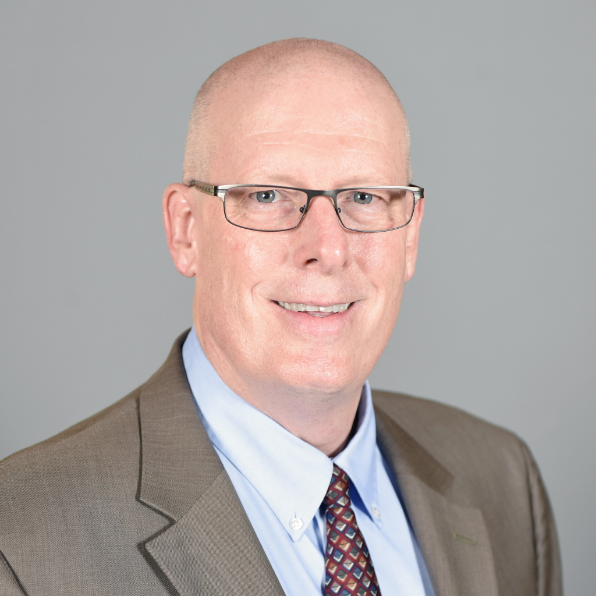Inflation, trading and government finances under the microscope this fall

Course in the fall of 2022 focuses on the history of economic thought
This fall, Arizona State University students will have a chance to gain a deeper understanding of economics by diving into the history of economic thought — from the classical political economy of Adam Smith and John Stuart Mill to contemporary concerns about trade, economic growth and money.
In the process, they will notice that many of today’s concerns are echoed in the issues that led to the development of economic theories in the last 300 years.
CEL 304/ECN 304 Classical to Modern Economic Thought, offered by the School of Civic and Economic Thought and Leadership and cross-listed with the Economics Department at the W. P. Carey School of Business, is taught by Professor Ross Emmett, who is also the director of the Center for the Study of Economic Liberty at ASU and currently the president of the History of Economics Society.
We spoke with Emmett about what ASU students can expect from this course.
Question: What will students experience in this course?
Answer: I believe that students learn best when they read, write, discuss and then write again about the topic over weekly sequences. In this course, each week we will turn to new reading material about economic thought. Students will read and write about these texts at the start of each week, we then discuss the new topic, and they will be able to write extended papers on texts from key points in the history of the “clash” between economic thoughts — for example, J. M. Keynes’ lecture “The End of Laissez-Faire,” Walter Eucken’s “On the Theory of the Centrally Administered Economy” and Jim Buchanan’s “Public Finance and Public Choice.” By the time the students turn in those topic papers, we will begin the next set of readings and they will be ready to incorporate new ideas by setting them in conversation with what we have already read, written and discussed.
ASU Professor Ross Emmett
Q: How will students be introduced to the history of economic thought?
A: The course begins with the question of whether “laissez-faire” has ended, and then examines other points in the history of economic thought when economists believed laissez-faire was over – the Progressive Era at the end of the 1800s, the Russian Revolution in 1917, the Keynesian Revolution of the 1930s and the 1970s. In the course, students will have the opportunity to work out their own ideas about socialism, Keynesianism, classical liberalism, Marxism, economic development and the background to today’s debates over free trade, inflation, government finances, and the impact of individual economic activity on others and on the environment.
Q: Which skills will students in this course develop through readings, in-class discussions and projects?
A: They will learn how to think about economic ideas and to refine their ideas through interaction with each other in class. They may also learn how to approach ideas they may have never heard before or had always opposed, with an openness to figure out how those ideas worked. In class and in their writings, they will develop the ability to express more clearly their ideas about economics, and formulate or accept new ideas because they will be encouraged to evaluate them in their own writing and in open discussion with their classmates.
Q: What skills will the course provide students for engagement in job searches and life?
A: Economics is about choices — how we evaluate their benefits and costs, and the inevitability of having to make a choice that is seldom perfect. We operate with imperfect knowledge, have fewer choices than we wish we did, and yet still have to make a decision today. Engaging the scholars who tried to help us think about economic choices is essential to our lives and to the society in which we live.
Classical to Modern Economic Thought is available during Session C from 1:30 p.m. to 2:45 p.m.on Tuesdays and Thursdays at the Tempe campus, and enrollment is open.
More Law, journalism and politics

How ASU is leading the national conversation on journalism and AI
As artificial intelligence continues to advance at a rapid pace, journalism faces both unprecedented opportunity and profound…

5 takeaways about artificial intelligence and elections
Next year’s midterm elections are happening at a crucial time in the adoption of AI, with concerns that the new technology could…

ASU dominates Rocky Mountain Emmys, showcasing range of talent
Arizona State University stole the spotlight at the Rocky Mountain Southwest Emmys, walking away with an impressive haul of shiny…
